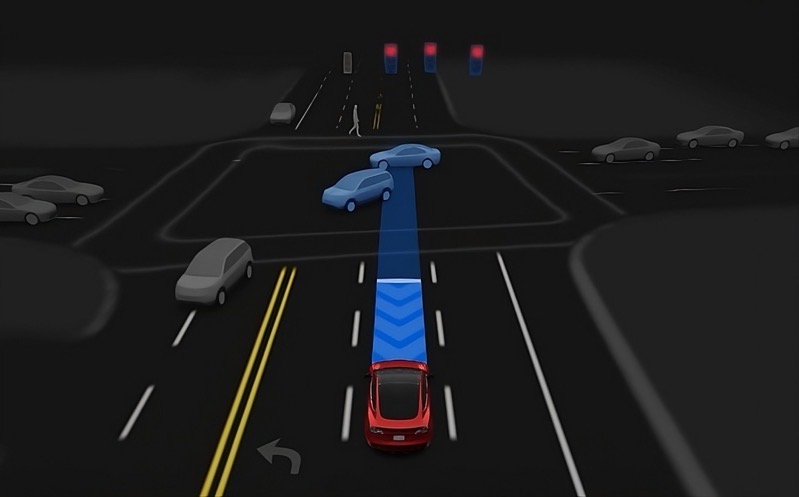Tesla’s Ambitious Plan to Dominate China: FSD Rollout and Robotaxis Coming Soon

 Tesla FSD Beta">
Tesla FSD Beta">
Tesla is gearing up for a monumental shift in China's automotive landscape with the imminent launch of its Full Self-Driving (FSD) software. According to insiders familiar with the situation, the American EV titan is preparing to register this cutting-edge technology with Chinese authorities. This launch could redefine the driving experience in Tesla's second-largest market.
Currently, Tesla offers two versions of its Autopilot system in China, but neither matches the advanced capabilities of FSD. A registration green light from China’s Ministry of Industry and Information Technology would allow Tesla employees to test the FSD system on public roads, setting the stage for a broader rollout. The company is also eyeing a subscription model, potentially costing around $98 monthly, adding a new revenue stream as the brand battles declining local sales.
The Financial and Strategic Impact
This isn’t just a tech upgrade; it's a strategic pivot. Despite Tesla's global dominance, its Chinese sales have dipped 7.6% in the first four months of the year, owing largely to aggressive pricing from local competitors. By introducing FSD—either through a one-time fee of 64,000 yuan (approximately $8,828.32) or monthly subscriptions—Tesla aims to reinvigorate its market presence. The company is even exploring the possibility of licensing FSD to other Chinese automakers, which could disrupt the entire market.
Yale Zhang, managing director at Automotive Foresight, believes Tesla’s move will put pressure on Chinese EV startups to up their innovation game. This beefed-up competition might catalyze a technological race, benefiting consumers but posing challenges for smaller firms navigating tight margins and intense R&D costs.
Data-Driven Dominance
The real secret behind the FSD success lies in the data. Tesla’s uniquely data-centric approach uses an end-to-end neural network, diverging from traditional rule-based algorithms. This neural network trains itself using millions of video clips collected from Tesla vehicles around the world, a significant advantage underscored by Tesla’s supercomputer, Dojo. According to Yin Chengliang, a professor at the Shanghai Jiao Tong University, the Dojo supercomputer allows Tesla to process this vast amount of data, offering a competitive edge that rivals find hard to match.
Robotaxi Revolution
Tesla's ambitions don't stop at FSD. The company plans to unveil its Robotaxi service on August 8, 2024—a date carefully chosen for its cultural significance in China and because it's the birthday of CEO Elon Musk's triplet sons. This move represents Tesla’s broader vision for an autonomous driving future, where cars not only drive themselves but also operate as part of a ride-sharing network.
This augmented capability could bridge Tesla's technological advancements with practical, commercial applications, making fully autonomous taxis a reality. Competitors like Nio, Xpeng, and Li Auto may offer similar driver-assist systems on their high-end models, but they have yet to reach the level of autonomous functionality Tesla promises.
Challenges Ahead
However, challenges loom large. Regulatory approvals are always tricky, especially when dealing with groundbreaking technologies. Furthermore, Tesla’s FSD must prove its mettle on notoriously chaotic Chinese roads before it gains consumer trust. Success in China could serve as a significant proving ground for Tesla’s global ambitions, marking another milestone in Elon Musk’s revolutionary vision for the automotive industry.
In summary, Tesla’s FSD rollout in China signifies more than just an incremental upgrade; it's an audacious step aimed at redefining mobility. Coupled with the anticipated Robotaxi launch, Tesla is poised to disrupt existing paradigms and set new standards in autonomous driving. Keep an eye on August 8, 2024—the date might just be a turning point in automotive history.